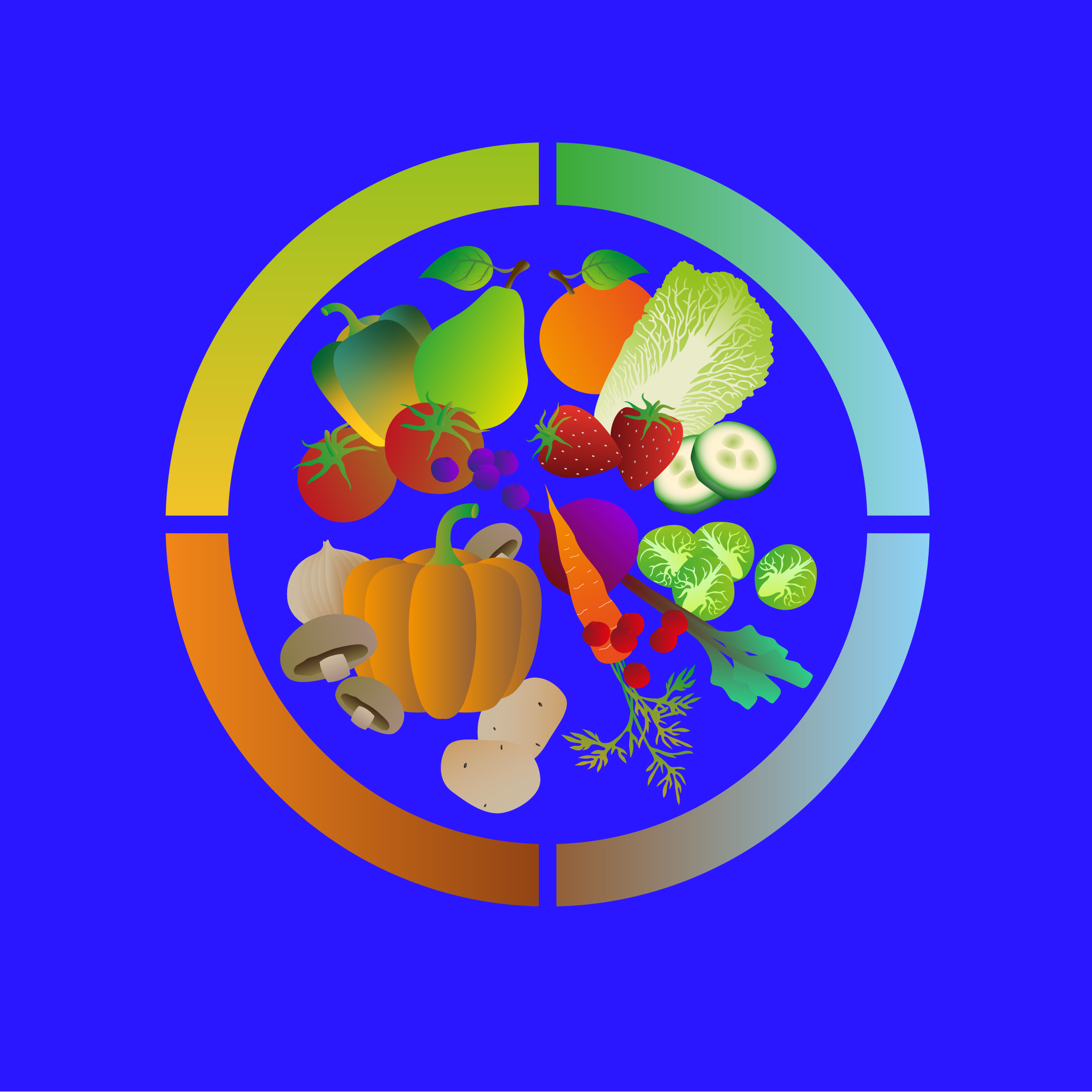Why
Focusing your diet on seasonal produce is better for the environment as fewer resources are used, and fewer GHG emissions are produced. Seasonal eating also requires less refrigeration and storage which decreases potential energy consumption.
In order to minimise one's carbon footprint, local and seasonal eating should go hand in hand. Local produce eliminates emissions from food transport and air freight, packaging, and processing, and supports the local economy.
However, energy is required to grow and protect non-seasonal plants through gas-heated and lit greenhouses and vast fields of plastic polytunnels that result in fossil fuel emissions.
Studies suggest that imported, naturally grown produce often has a smaller carbon footprint than that grown locally using artificial conditions.
How
Learn about which fruits and vegetables are in season in the UK and incorporate as much into your diet as possible.
Eat Seasonably | Hubbub | Vegetarian Society
Find a source near home - meet the growers and shop at local farmers' markets to learn about what is in season.
Find and sign up for local and seasonal veggie box deliveries or a community-supported agriculture scheme.
Able & Cole | All Greens | Beacon Veg Boxes | Boxxfresh | Communigrow | Daylesford Organic | Good Sixty | Kerry’s Fresh | Macknade | Natoora | Organibox | Planet Organic | Real Food Box | Riverford | The Tomato Stall | Trapfruits | The Veg Box Company
Preserve and pickle foods when they are in season for the long winter months. A Helpful Guide on How to Pickle.
Choose farm-to-table restaurants that grow and source their food locally and seasonally.
Did you know?
Eating seasonally, while avoiding air freight and hothouses, can reduce the carbon footprint of your food by 10%. (CO2 Living, 2019)
Kenyan green beans imported into the UK created 10 times more GHG emissions than local UK-produced, in-season beans. (Cambridge University Press)
Less than one in ten Brits know when the UK’s most well-known fruit and vegetables are in season. (BBC)
Spread the word
In order to keep warming below 1.5C we need to halve emissions by
2030. Share this action and help play a part in reversing climate change.


